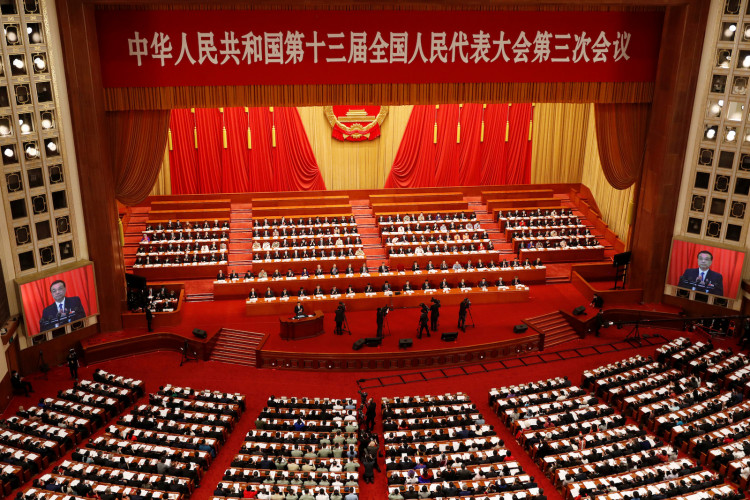Last Sunday, China's legislature reviewed the controversial national security bill for Hong Kong. Critics worldwide have seen the bill to compromise human rights in the semi-autonomous Hong Kong territory.
During the three-day session of the National People's Congress Standing Committee, China announced that it is determined to enact the National Security Law by Tuesday this week. The US says that it would end favorable treatment in trade with Hong Kong once China enforces the legislation.
The enactment of the law would give rise to impose security agencies in Hong Kong. There would be an instituted chief official who must answer to Beijing. He or she would also hear trials for state security charges.
Last Thursday, the US Senate approved a bill that would impose sanctions on businesses and entities, including the police, that would undermine Hong Kong's autonomy or restrict the freedom of the residents. The bill targets police units that violated the rights of Hong Kong protestors as well as the Chinese Communist Party officials that imposed the national security law. The same sanctions would be applied to banks that engage in business with entities who are found to violate the law.
Last week, a former United Nations human rights chief called the secretary-general to appoint a special envoy on Hong Kong over the humanitarian tragedy. Beijing also announced that it would grant passports to three million Hong Kong citizens and denounced all moves that involve gross interference in China's internal affairs.
The said law would criminalize secession, terrorist activities, subversion of state power, and collusion with foreign forces that might endanger China's national security. Critics claimed that Hong Kong's legal statutes already cover these measures where they would collect and analyze intelligence. They would also deal with criminal cases related to national security internally.
However, few details have been released about China's national security law that would include Hong Kong. The mandate would give Beijing power over government appointments in Hong Kong that would reduce relative independence that it promised Hong Kong. The said grant of relative freedom was materialized last 1984 through a joint declaration with Britain through an international treaty.
The said law was marked by critics as a method that might erode Hong Kong's British-style rule of law and would grant China a higher degree of autonomy under the one country, two systems principle. Nevertheless, China has already opted to create such a bill that would govern Hong Kong. These efforts were shot down through anti-government demonstrations in 2019. The said move would circumvent Hong Kong's legislative council and enact a law that would have national application.





